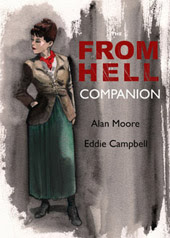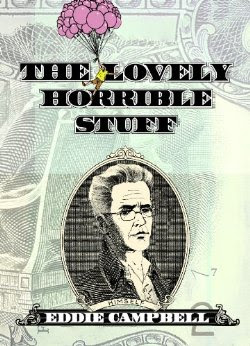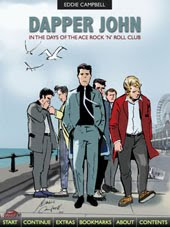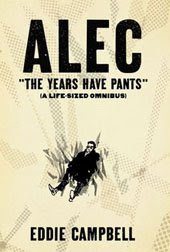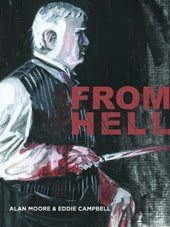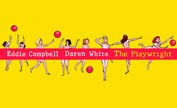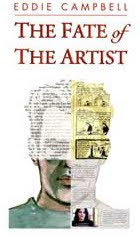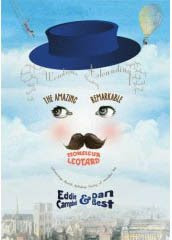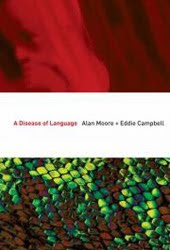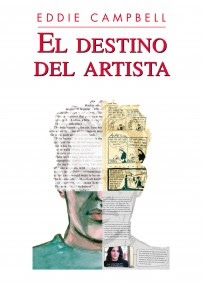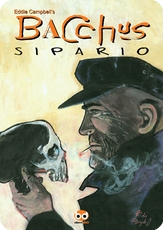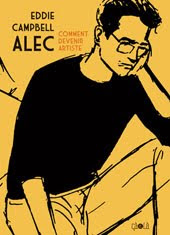"One of the most common mistakes made in our medium is the confusion of Comic Books with Graphic Novels. This is sort of like referring to a Magazine as a Newspaper; while they may contain similar information, they are entirely different formats."
Some of you folk are more likely to pay attention to what Warren Ellis says than what I say:
"this is happening in 1968 and 1971. A crime graphic novel in magazine format, featuring a protagonist appearing not unlike Lee Marvin in POINT BLANK. (Remember that brilliant trailer for POINT BLANK? “Walker is an emotional and primitive man.”) A fantasy graphic novel in mass-market paperback format, to go on the bookshelf next to those CONAN fix-ups by Lin Carter and L Sprague De Camp"Note that in his perfectly sensible concept of it, the 'graphic novel' is separate from the format in which it appears (two different in the above), which is interesting because there are a lot of otherwise intelligent people in the 'graphic novel' business who can't separate the two. In the literary world a novel may exist simultaneously in a number of different formats, as in this passage from the Wordsworth Classics introduction to James Joyce's A Portrait of the Artist as a Young Man: "Joyce threw the manuscript of the novel into the fire. Although rescued by the author's sister Eileen, this was not the end of the troubles for the novel; initially serialised in the London journal the Egoist, the book form of the novel was rejected by a number of publishers before being brought out by the American publisher B W Huebsch in 1916." Note that it was still a novel when it was variously a) an unpublished manuscript, b) a serial published in a magazine, c) a published book. If, generally speaking, the people who read comic books had ever read anything else besides, they would already know this.
Apologies to all who are already sick to the stomach of the boneheadedly endless dissertation on the meaning of a term, but I have once again been invited onto the television to spout forth on a half hour chat program devoted to the subject. This time I have taken care to make sure that the groundwork is impeccably correct and that the participants are of unimpeachable artistic character. I am hopeful that it will work out well. More on this after it is prerecorded next Tuesday.
Hmmm... the cold sore on my lip is just starting on cue, as it always does when a certain agitation comes over me. By Tuesday it is certain to be a hanging scab that cannot be removed without opening my lip... good grief!
Understanding the Anxious Mind- NY Times Magazine, sept 29.
These psychologists have put the assumptions about innate temperament on firmer footing, and they have also demonstrated that some of us, like Baby 19, are born anxious — or, more accurately, born predisposed to be anxious...
“I was flesh bereft of spirit,” wrote the journalist Patricia Pearson in “A Brief History of Anxiety (Yours and Mine),” in a pitch-perfect description of this emotional morass, “a friable self, grotesque... I got an AIDS test. I had my moles checked. I grew suspicious of pains in my back. If I was nauseous, I worried about cancer and started reading up obsessively on symptoms. I lay in bed whenever I could, trying to shut up the clamor of terror with sleep.”
right, that's me off back to bed.
Labels: "it's not a graphic novel percy"














